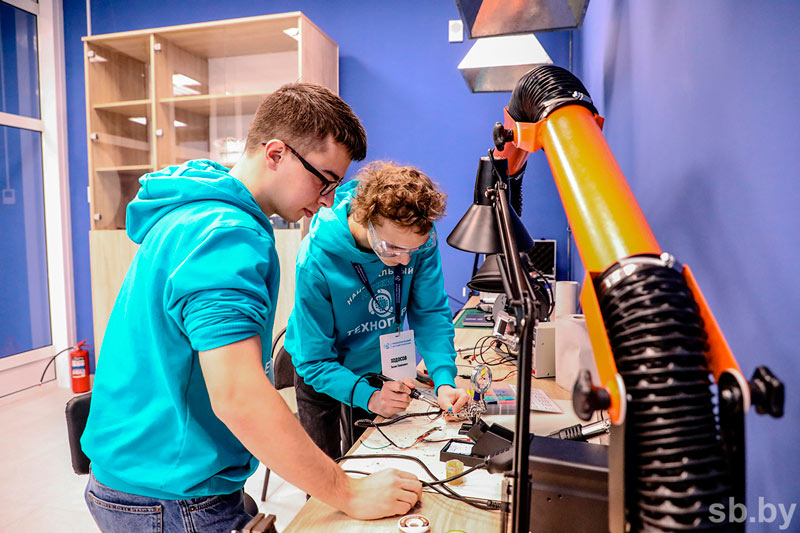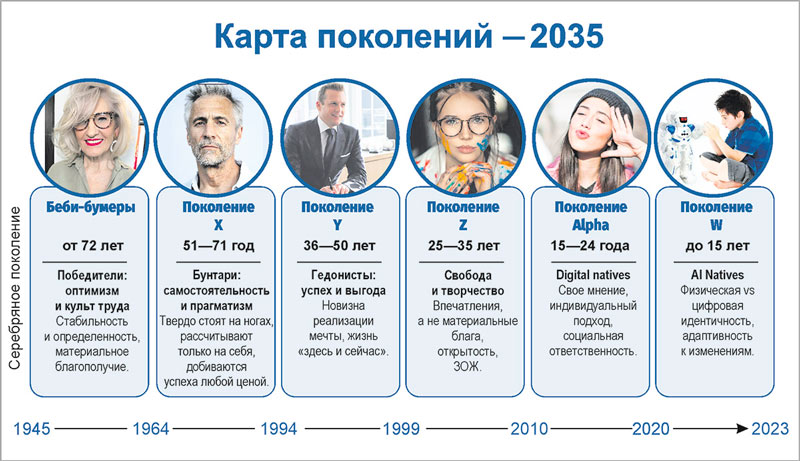Goals for the next generations
Human potential is a fundamental factor for sustainable economic development, therefore, by and large, it should be the main corner¬stone in any strategy. Demographic landscape, value orientations, level of education and qualifications can be significantly changed only in the long-term horizon.
This important aspect of economic development was discussed at a workshop on determining the strategic prospects for the development of the Republic of Belarus at the Research Economic Institute of the Ministry of Economy.

- We have an open economy, an open labor market, - BISR Director Oleg Makarov said. - In the Soviet and post-Soviet period, not knowing languages, closed borders, peculiarities of life in other states kept engineers in the country. But these barriers disappeared long ago. Many qualified young professionals speak foreign languages and are open to foreign employers. And we have to compete with them. It is too presumptuous to believe that young people will create their own scientific and design schools in Belarus on bare patriotism. They can do it abroad. And we need to make sure that young people stay and work for the interests of their native country.
For future generations
Often, the education system is blamed to one degree or another for the staff shortage, although its fault is minimal. On the contrary, good training of students makes them more competitive in the international labor market. In addition, graduates with an education relevant to the times also make certain requirements for working conditions.
But we must admit: how much do we know about the so-called generation W? What are their values, aspirations, expectations, and authorities?

- BISR deals with the problem of generational divide, - Oleg Makarov says. - And we can state that we do not have a split on a geographical basis. In the east, west, south and north of Belarus, the value matrices coincide. Therefore, the fragmentation of the country on the basis of regional mental specifics is impossible. In cultural and historical terms, there is also no gap between generations. But in terms of economic, professional, corporate and other expectations, young people have completely different needs. And it is necessary to understand them and find consensus when building a common development strategy. There is always a temptation to "reprogram" generation W for the needs and value matrix of the age categories X and Y that are more understandable to us. But I doubt that such an experiment is possible. Perhaps teenagers will pretend to obey the demands of adults. But at the same time, they have other plans, which, it is possible, will be implemented in other countries.
Technological and economic transformation is inevitable. But in order for it to be successful and without deep socio-political upheavals, a public consensus is needed. And it can be built only with the high involvement of citizens of all ages and generations in the process of strategic planning (no matter how incredible it may seem), and the implementation of strategies, as well as deep communication with all segments of society.

